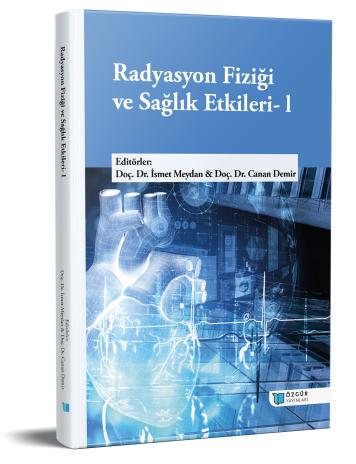
Radyoterapi Tedavi Planlamasında Yapay Zeka
Şu kitabın bölümü:
Meydan,
İ.
&
Demir,
C.
(eds.)
2024.
Radyasyon Fiziği ve Sağlık Etkileri- l.
Özet
Tedavi planlaması, radyoterapi iş akışında oldukça önemli bir adımdır. Bilgisayar teknolojisinin gelişmesi ile birlikte normal dokular daha iyi korunarak karmaşık ve zor radyoterapi planları yapılabilir hale geldi. Fakat bu durumda zor tedavi planlamalarını optimize etmek için deneme yanılma yöntemiyle planlayıcının saatlerce hatta günlerce süreye ihtiyacı gerekti. Son zamanlarda tıp biliminin çeşitli yönlerini otomatikleştirmek ve geliştirmek için yapay zekadan faydalanılıyor. Yapay zeka ayrıca tüm terapi sürecinin kişiye özel hazırlanarak daha iyi tedavi sonuçlarına ulaşmamızı sağlayabilir ve böylelikle, zamandan tasarruf da göz önünde bulundurulunca, insanlara yardımcı olabilir. Yapay zeka tekrarlayıp duran ve yinelenen görevleri hızlandırabileceğinden, günlük klinik rutinlere de fayda sağlayacaktır. Bu, klinik personelin üzerindeki yükü hafifletebilir ve verimliliği artırarak maliyetlerin düşürülmesine yardımcı olabilir. Radyoterapi tedavi planlamasında planlamacıları daha iyi desteklemek amacıyla birçok algoritma geliştirilmiştir. Bu algoritmalar, planlama sürecini otomatikleştirmeye ve tedavi planlama verimliliğinin ve plan kalitesi tutarlılığının iyileştirilmesinde halihazırda büyük etki yarattılar. Bu çalışmanın amacı derin öğrenmeye dayalı algoritmalar ve ortaya çıkan araştırma yönleri gibi yeni yapay zeka tabanlı tedavi planlama uygulamaları gözden geçirilip yapay zeka tabanlı tedavi planlamasının zorlukları ve gelecekteki çalışmalar hakkında bilgi vermektir.

